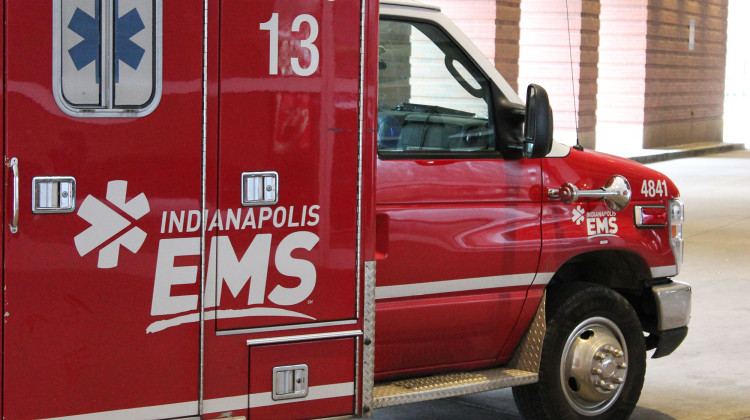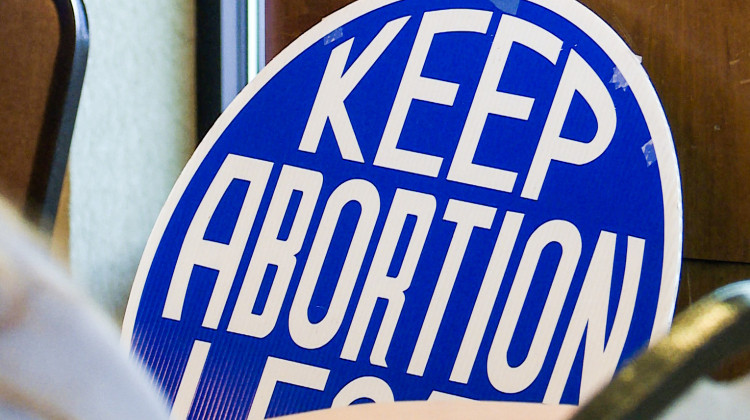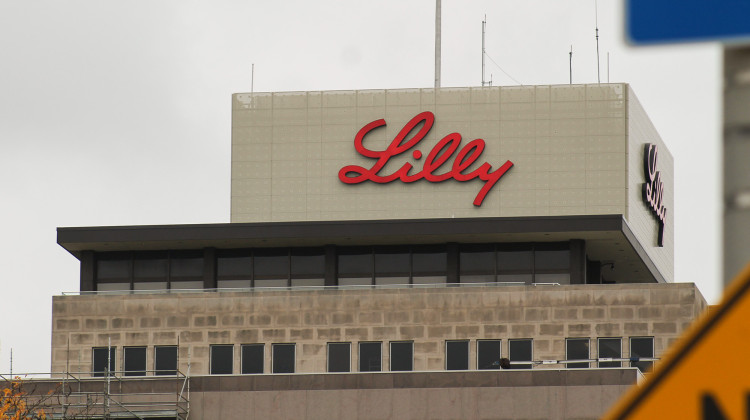Indiana lawmakers are proposing a pilot program that looks to expand mental health treatment for opioid-addicted Hoosiers. But it’s unclear whether local providers are up for the challenge.
The proposed pilots would require the State’s Division of Mental Health and Addiction Services to contract with local health providers in Tippecanoe, Wayne and Marion counties to offer evidence-based treatment — inpatient, outpatient and residential — to addicted adults at serious risk of injury or death.
The Division of Mental Health And Addiction would also collect and report data regarding participants' treatment plans and health outcomes to the state.
State Mental Health and Addiction Services Director Kevin Moore says the pilot programs don’t necessarily create any new services — “a lot of the services in this bill are already provided in some way or another in our larger communities,” he says.
He says the biggest change the bill creating the pilot makes is allowing the state to force people who have received opioid-reversal medication in the three participating counties to receive treatment.
Moore says the state currently allows involuntary treatment for people who are deemed gravely disabled or dangerous. The new pilot programs would add being revived by naloxone to the list of qualifications.
Moore admits he hasn’t heard much from local mental health service providers the pilot would rely on, and the agency would need to work with them to figure out how exactly to make that involuntary treatment — and the secure facilities it requires — available.
“What I have heard is this seems to be a difficult pilot to define and establish and that’s as far as we’ve gone,” he says.
The pilot allows for $200,000 in administrative costs to implement the pilots but otherwise doesn’t provide for any increases in categories such as workforce or medication — raising questions about how mental-health treatment could be expanded during a state-wide provider shortage.
The bill creating the pilot also specifies people convicted of drug offenses or those who receive an overdose intervention drug would be able to receive priority treatment in a drug court or forensic diversion program.
Gov. Eric Holcomb still needs to sign off on the plan. After that, the group of pilot programs would require additional approval from the Commission to Combat Drug Abuse, which Moore says he hopes will hammer out the program’s specifics.
 DONATE
DONATE










 Support WFYI. We can't do it without you.
Support WFYI. We can't do it without you.